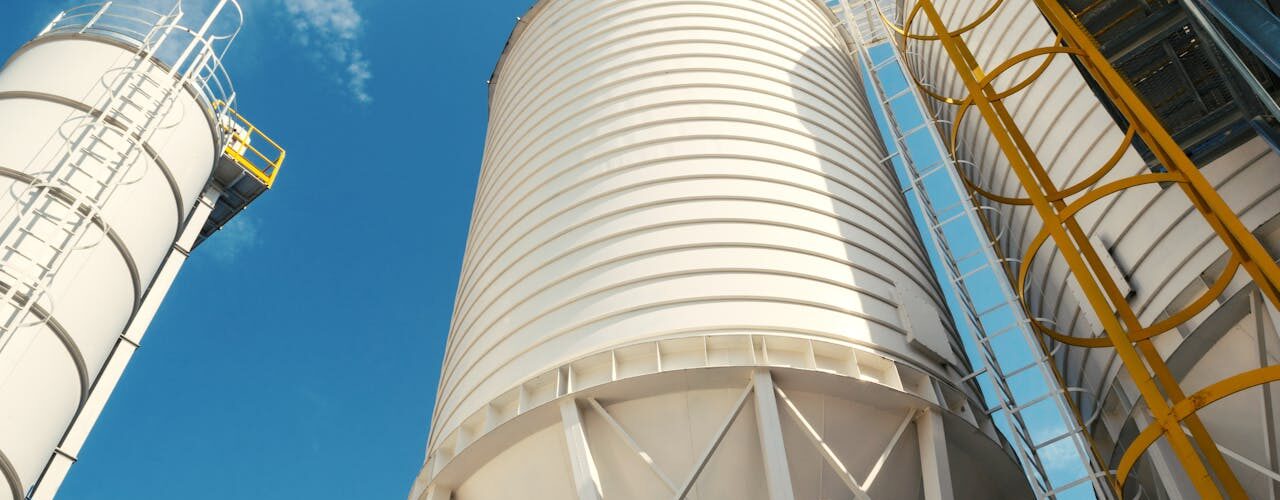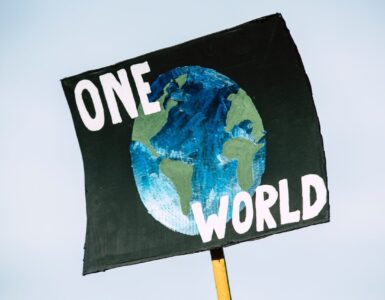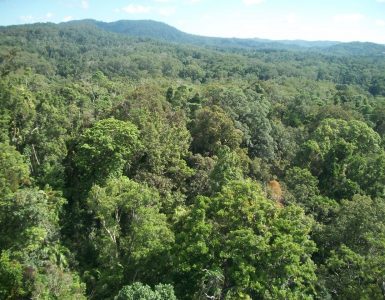At the invitation of the President of the French Republic, Mr. Emmanuel Macron, the Prime Minister of India, Narendra Modi, paid a visit to France on 10-12 February 2025.
This was Prime Minister Modi’s sixth visit to France, and it followed President Macron’s visit to India in January 2024 as the Chief Guest for the 75th Republic Day of India. In July 2023, Indian PM Narendra Modi attended the Bastille Day Parade in France as a Guest of Honour.
In this visit, Prime Minister Modi and President Macron held bilateral discussions on the entire gamut of the multifaceted bilateral cooperation and global and regional matters.
In June 2023, the two countries marked the 25 years of their strategic partnership and issued a joint statement, which was aptly named – “25th Anniversary of the Strategic Partnership between India and France: towards a Century of Indo-French Relations.”
The 2023 joint statement also sets the course for the France-India bilateral relationship in many different areas until 2047 including clean energy, blue economy, climate finance, environmental pollution, and biodiversity.
Both leaders commended the progress achieved in their bilateral cooperation and committed to accelerating it further across its three pillars – Partnership for Security and Sovereignty, Partnership for the Planet and Partnership for the People.
The two leaders reiterated their call for reformed and effective multilateralism to sustain an equitable and peaceful international order, address pressing global challenges and prepare the world for emerging developments, including in the technological and economic domains.
In this article, let us delve into the aspects of protecting the Planet and the environment.
Prime Minister Modi and President Macron stressed that nuclear energy is an essential part of the energy mix for strengthening energy security and transitioning towards a low-carbon economy.
Both leaders acknowledged the India-France civil nuclear ties and efforts in cooperation on the peaceful uses of nuclear energy, notably in relation to the Jaitapur Nuclear Power Plant Project.
They welcomed the first meeting of the Special Task Force on Civil Nuclear Energy and welcomed the signing of a letter of intent on Small Modular Reactor (SMR) and Advanced Modular Reactor (AMR) and the Implementing Agreement between India’s GCNEP, DAE and France’s INSTN, CEA for cooperation in training and education of nuclear professionals.
India’s Budget for the financial year 2025-26 has made a significant push towards nuclear energy as part of India’s long-term energy transition strategy.
In the Budget, the Indian government has allocated Rs 20,000 crore focused on research and development of Small Modular Reactors. Further, the government of India has set an ambitious target of 100 GW of nuclear power capacity by 2047 from the current nuclear capacity is 8.180 GW.
The two leaders reaffirmed their countries’ commitment to jointly address the environmental crises and challenges including climate change and promoting sustainable lifestyles.
The leaders welcomed the renewal of bilateral cooperation in the field of environment between the Ministries of Environment.
Both leaders reiterated their commitment to the principles established by the Paris Pact for People and the Planet for reform of the international financing system towards supporting vulnerable countries in addressing the eradication of poverty and the preservation of the planet.
Both leaders affirmed the significance of the United Nations Oceans Conference (UNOC-3) as an important milestone in international efforts towards the conservation and sustainable use of oceans.
In the context of the upcoming UNOC-3 to be held in Nice in June 2025, France and India recognize the importance of the Agreement on the Conservation and Sustainable Use of Marine Biological Diversity Beyond Areas of Natural Jurisdiction (BBNJ Agreement), as one of the pillars of inclusive and holistic international ocean governance. Having already signed the treaty, they called for its entry into force at the earliest. Prime Minister Modi offered India’s support to France for UNOC-3 in June 2025.
They lauded the launching of the India and France Indo-Pacific Triangular Development Cooperation, aiming to support climate- and SDG-focused projects from third countries in the Indo-Pacific region.
They also commended the strong and fruitful cooperation within the framework of the Franco-Indian presidency of the Coalition for Disaster Resilient Infrastructure and the International Solar Alliance.
Noting the record level of bilateral trade in 2024, they acknowledged that there is vast untapped potential for trade and investment between the two countries. Both leaders highlighted the need to maintain confidence in companies investing in India and France.
As part of the India-France bilateral, Prime Minister Mr Narendra Modi and the President of France, Mr Emmanuel Macron, jointly visited the International Thermonuclear Experimental Reactor [ITER] in Cadarache.
This was the first visit by any Head of State or Head of Government to ITER – one of the most ambitious and one of the world’s largest nuclear fusion experiments facilities.
During the visit, the leaders of India and France appreciated the progress of ITER, including the assembly of the world’s largest Tokamak, where ultimately 500 MW of fusion power will be produced by creating, containing and controlling burning plasma. The leaders also appreciated the dedication of the ITER engineers and scientists working on the project.
India is among the seven ITER members contributing to the project over the last two decades. Around 200 Indian scientists and associates, as well as notable industry players such as L&T, Inox India, TCS, TCE, and HCL Technologies, among others, are engaged in the ITER project.






Add comment